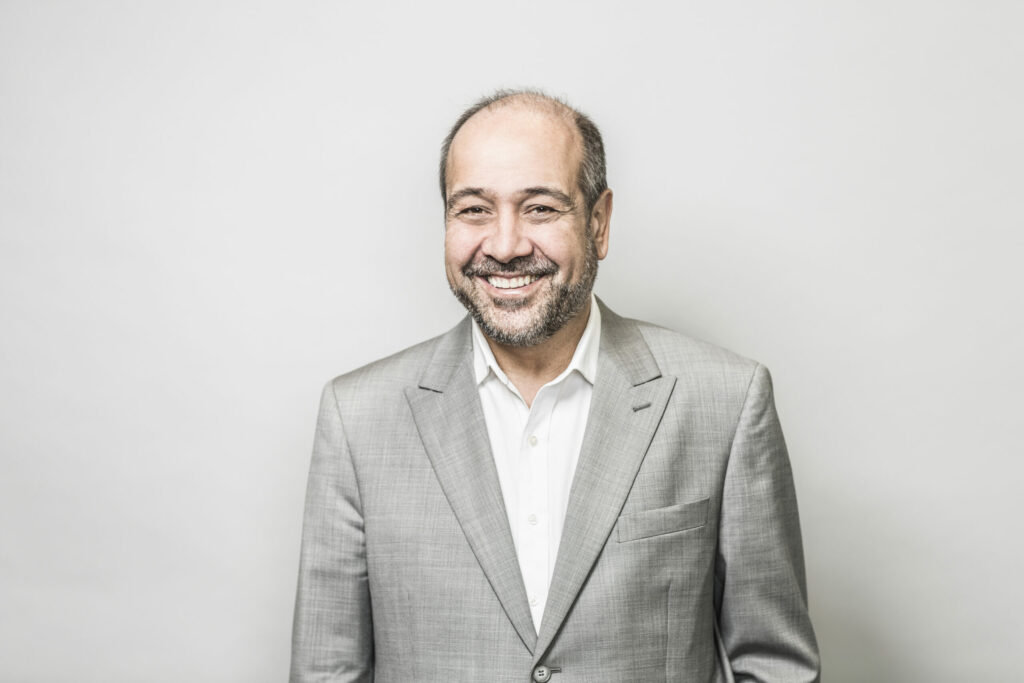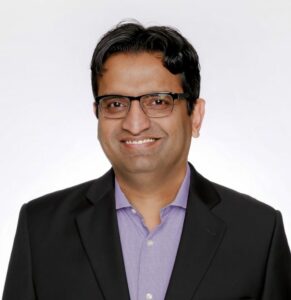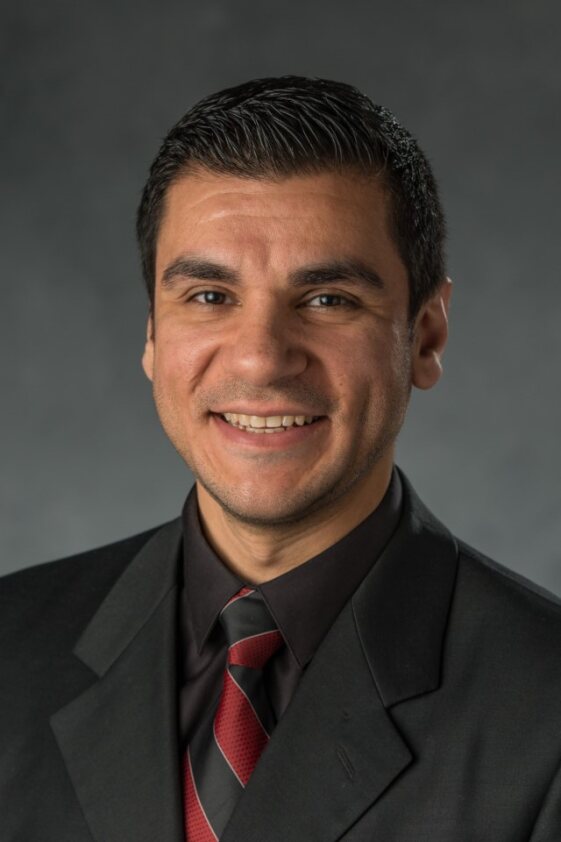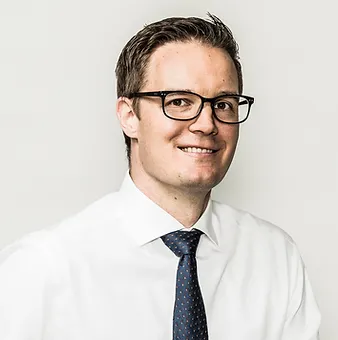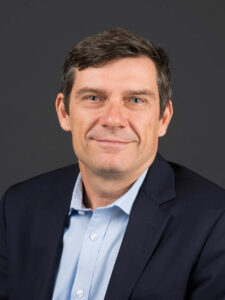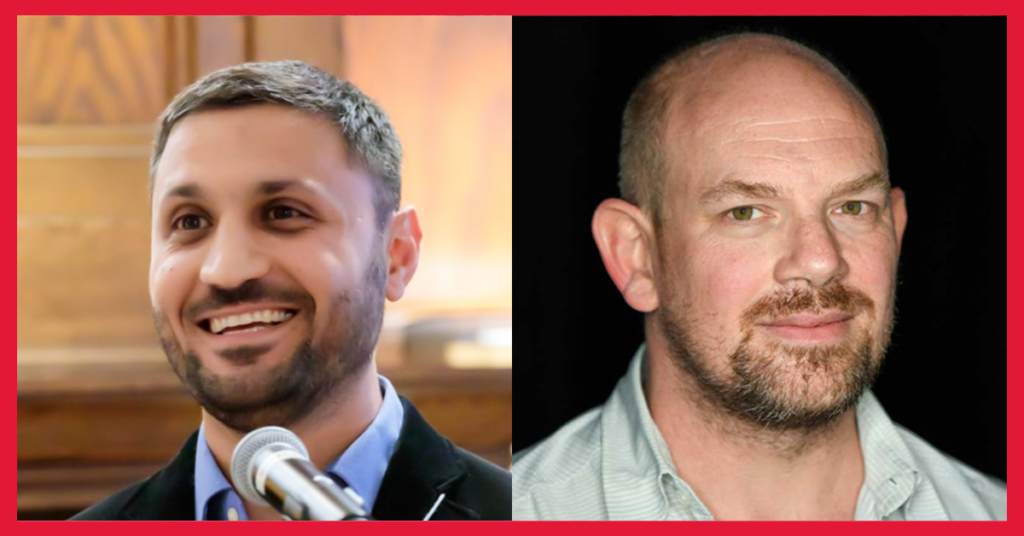By Alexander Huls, deputy editor, YFile
Zoe M. Savitsky, a doctoral candidate at York University’s Osgoode Hall Law School, was named a Pierre Elliott Trudeau Foundation Scholar for work that promises to examine the ways corporations gained the power of expression and how they have expanded and defended that power. The recognition marks not just a professional accomplishment for Savitsky but one reflective of a new chapter in her journey.
Before becoming a PhD student at York U in 2023, Savitsky approached her legal work in an altogether different manner. For over a decade, she had a successful legal career in the United States working in high-impact government and non-profit organization litigation and leadership roles, including at the Oakland City Attorney’s Office, the Civil Rights Division of the U.S. Department of Justice and the Southern Poverty Law Center.
As a Trudeau Scholar, Savitsky will pursue work rooted in experiences from her legal career, notably her time with the Oakland City Attorney’s Office. There, Savitsky collaborated with in-house teams, other local and state governments, non-profits, civil society groups, and the private bar on litigation involving local, national and multinational corporations – such as opioid companies, fossil fuel companies and real estate companies – whose actions harmed Oaklanders. Many of those cases centred on allegations that the corporations in question had engaged in false, deceptive or misleading speech that caused real-world harm.
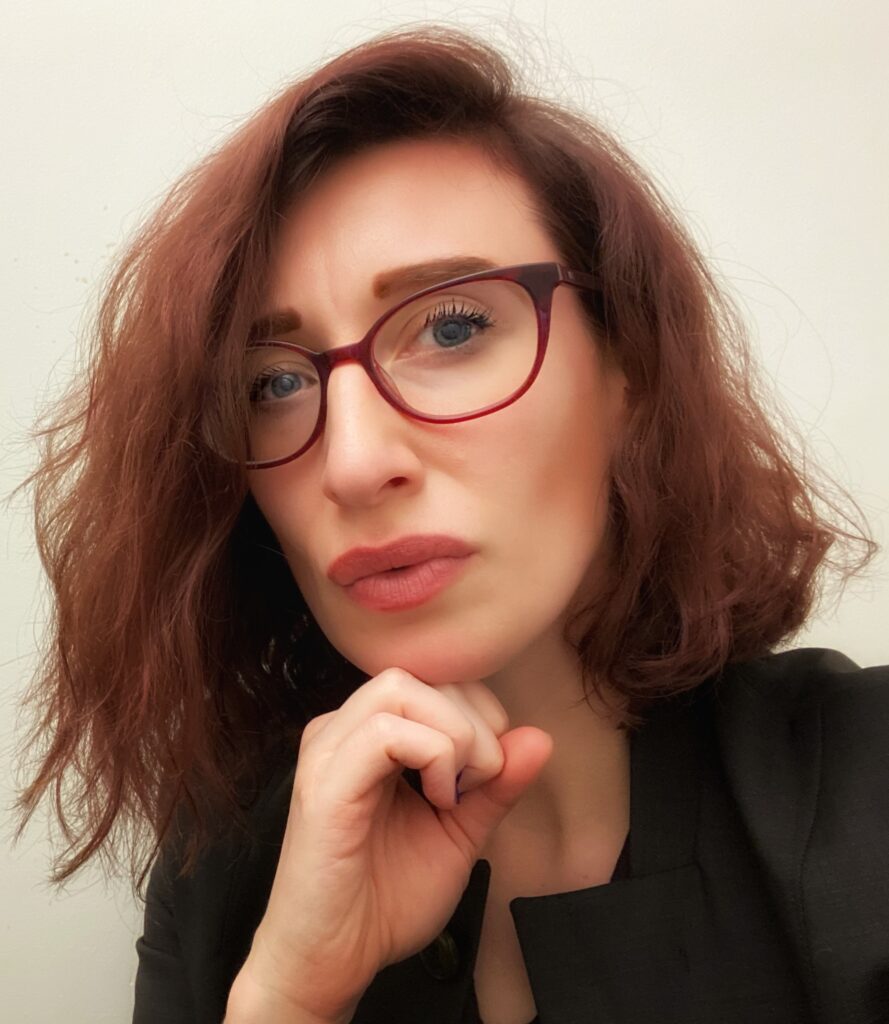
Savitsky found herself considering larger questions around how modern systems of litigation sometimes allow corporations to “get away” with harmful deception. As she noted, it has often taken decades for litigants to win cases about corporate deception, if they ever do, citing as examples cases about how tobacco companies misled the public about the health risks of tobacco; how paint companies continued advertising lead paint despite their knowledge that it was a dangerous neurotoxin; and how the opioid industry understated the risks and harms and oversold the benefits of its products.
“My current project is very much an extension of all of that work,” says Savitsky of the work she will now pursue through her scholarship, which examines how corporations became legal persons with speech or expression rights, and how corporations have expanded and defended those rights in the litigation ecosystems of the United States and Canada.
“I hope to understand how things came to be as they are today in the world of transnational corporate accountability and, in particular, to understand the history and context for how it is often challenging to hold corporations meaningfully accountable for their contributions to some of the most existential problems facing the world today.”
The decision to pursue academic work led Savitsky to Canada, eager to grow as a scholar and learn from people outside the United States who were working on corporate accountability, but it wasn’t easy to move away from a professional and personal support system built over decades. “Leaving that network – which includes people who have become not just colleagues but close friends – for a new country and context was hard,” says Savitsky. “But as my scholarship draws on the issues and themes I had the opportunity to work on in my litigation career, I will continue to get to engage with many of the people I collaborated with and learned from in the past.”
Nonetheless, she saw the move as worthwhile. “Opportunities like the Trudeau Scholarship will allow me to build anew in this new context, in addition to how I’ve already had the chance to start building meaningful new relationships at Osgoode and at York more broadly,” Savitsky says.
The recent recognition from the Pierre Elliott Trudeau Foundation should prove a significant stepping stone in accomplishing that.
The Trudeau Foundation Scholarship is a prestigious, three-year leadership program that provides doctoral candidates with skills to translate their ideas into action, for the betterment of their communities, Canada and the world.
It also provides a strong communal element through fellows and mentors who are leaders in respective disciplines and offer scholars important guidance as they move forward in their careers.
“From the beginning, my interest in the Trudeau program has been because of its people,” says Savitsky. “I appreciate the resources the scholarship provides to PhD candidates, but the people are the fundamental heart, and draw, of the foundation. Of course, I am also thrilled that the Trudeau Foundation’s scientific cycle centres the Canadian Charter of Rights and Freedoms, which is at the core of my doctoral work.”
Savitsky hopes that through her work, now supported by the Trudeau Scholarship, she can make a positive impact in the field of corporate accountability – and beyond. “I also hope the story I plan to tell through my doctorate is informative to people outside of the legal academy, including to those in other academic disciplines, such as political science, and to those actively working – whether for governments, for non-profits and NGOs, in civil society, as community leaders and so on – to make the world a better, safer, healthier place overall,” she says.




